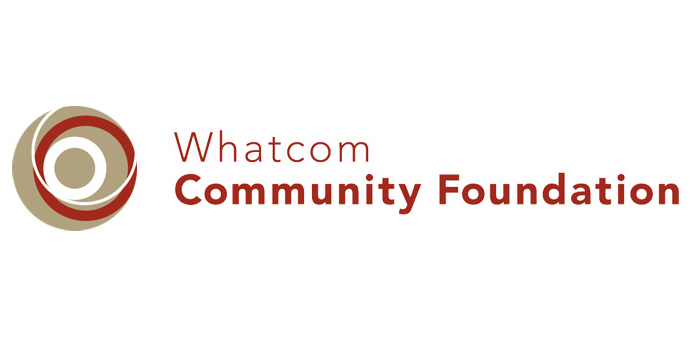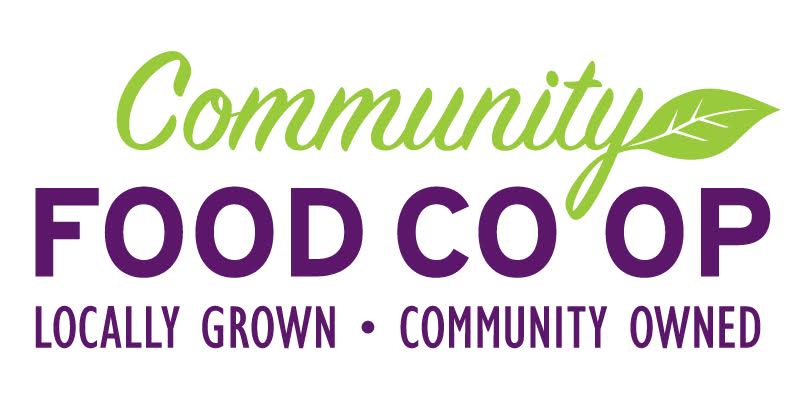2017 Process
The process for producing each sector summary:
- Conduct 1-2 key informant interviews per sector
- Draft sector summary
- Review by WFN Steering Committee member(s) who represent the sector
- Incorporate Edits
- Review by an existing group or organization that represents the sector
- Incorporate Edits
- Review by representative of the ground-truthing group
- Incorporate Edits
- Review by WFN Steering Committee
- Incorporate Edits

Process Explained
Key Informant Interviews: The process began with key informant interviews. With input from sector stakeholders, the CFA Subcommittee identified 1-2 key informants to represent each sector. A total of 12 interviews were conducted to gather stakeholder perceptions of the status of their food system sector at a single point in time. The CFA Subcommittee used the interviews to draft sector summary reports for each of the eight food system sectors.
Interview Questions & Methodology
Key informants were asked to respond to the following questions:
- Organizational Goals & Strategies
- What food system issues are you trying to work on? What changes are you trying to make? Impacts you’re trying to have?
- What does success look like? What are you striving toward? What indicators do you use to measure success?
- What do you think is working well for you? The most promising practices, projects, or activities?
- What other current practices, projects, or activities that other organizations in this food system sector are working on might be important for us to know about?
- Key Partners
- Which organizations or individuals do you work with most closely in the food system?
- Have there been any important collaborative projects within your food system sector over the past three years? Please describe.
- Emerging Issues & Opportunities
- What are some emerging issues in your sector of the food system?
- What are the biggest upcoming or current opportunities that you know about in this sector?
- What has changed in your sector since the 2013 CFA Report?
- Positively?
- Negatively?
- Gaps in the Food System
- What unmet needs, challenges, or barriers do you see in this sector of the food system?
- Individual needs, organizational needs, data gaps, lack of activities focused on particular goals.
- Important Resources
- Are there plans/documents in place which Whatcom County organizations like yours are using to guide food system work?
- Are there internal organizational plans/documents that guide your work?
- Are there resources/documents/reports you have produced or that you are aware of that are particularly helpful in your work or that you think may be of value to others working toward related goals?
- Would you be willing to share some or all of these?
- What unmet needs, challenges, or barriers do you see in this sector of the food system?
A Western Washington University Anthropology Department graduate student conducted ten semi-structured interviews between August 2016 and April 2017. Two more interviews were conducted by Whatcom Food Network Community Food Assessment Update Subcommittee members. Each interview ranged from approximately 45-75 minutes in length. Eleven of the interviews were conducted in-person at the respondent’s place of work or another convenient location. One interview was conducted over the phone.
Seven interviews were audio-recorded and then professionally transcribed. Next, these transcriptions were returned to the interviewees for review. Once approved by the interviewees, these 18 to 24-page transcribed interviews were distilled into short summaries. These interview summaries were then sent to the interviewee for approval.
For the interviews that were not audio-recorded, the interviewer typed notes as the respondent talked. These notes were then used to write the interview summary, which followed the same protocol as the transcribed interview reports. This process was conducted in accordance with Western Washington University’s IRB rules and guidelines. Once the interviewee granted approval, the summary reports were shared with the CFA Subcommittee.
Input from WFN Steering Committee Members: WFN Steering Committee members helped to complete or fill gaps about key developments, challenges, collaborations, opportunities, resources, and indicators.
Ground-Truthing with Organizations: The CFA Subcommittee then met with existing groups representing each food system sector to ground-truth the sector summaries. Input from these groups was incorporated into each sector summary, and the revised draft was sent back to a representative of the ground-truthing group for review, and typically more revisions. (The one exception to this process was the labor sector as there was not a suitable group available. Instead we asked additional individuals to review this sector summary).
WFN Steering Committee Review: Finally, the WFN Steering Committee members reviewed the sector summaries and made additional suggestions.
Key Informants Interviewed
- George Boggs, Executive Director of Whatcom Conservation District: LAND
- Sue Blake, Water Resource Educator of WSU Whatcom County Extension: WATER
- Mike Finger, Owner of Cedarville Farm, President of Puget Sound Food Hub, Board Member of Bellingham Farmer’s Market: FARMING
- Chris Benedict, Agricultural Agent of WSU Whatcom County Extension: FARMING
- Pete Granger, Washington Sea Grant Seafood Industry Specialist and commercial fisherman: FISHING
- Kristen Beifus, Community Organizer UFCW 21: LABOR
- Clayton Burrows, Executive Director of Growing Washington: PROCESSING/DISTRIBUTION
- Jeff Voltz, Project Manager of Northwest Agriculture Business Center: PROCESSING/DISTRIBUTION
- Astrid Newell, Community Health Manager of Whatcom County Health Department: CONSUMPTION, Food Access/Security
- Jim Ashby, General Manager of Bellingham Food Co-op: CONSUMPTION, Wholesale/Retail
- Rodd Pemble, Recycling Manager of Sanitary Services Company: WASTE
- Mark Peterson, Sustainable Business Manager of Sustainable Connections: WASTE
Groundtruthing Groups & Individuals
- Whatcom County Purchase of Development Rights Oversight Committee (PDROC): LAND
- Whatcom County Ag. Water Board: WATER
- Co-op Farm Fund Committee: FARMING
- Whatcom County Ag. Advisory Committee: FARMING
- Whatcom Family Farmers: FARMING & LABOR
- Marine Resources Committee: FISHING
- Community to Community Development: LABOR
- Anna Martin, Osprey Hill Farm: LABOR
- Executive Chef Christy Fox, northwater Restaruant: LABOR
- Puget Sound Food Hub Board: PROCESSING/DISTRIBUTION
- Anti-Hunger Coalition: CONSUMPTION, Food Access/Security
- Northwest WA Chef’s Collective: CONSUMPTION, Wholesale/Retail
- Solid Waste Advisory Committee: WASTE
WFN Steering Committee Members (Past & Present)
- Karin Beringer, Whatcom County Planning Department
- Karlee Deatherage, RE Sources for Sustainable Communities
- Chris Elder, Whatcom County Planning Department
- Pete Granger, SeaGrant
- Rosalinda Guillen, Community to Community Development
- Kent Kok, Community to Community Development
- Melissa Morin, Whatcom County Health Department
- Holly O’Neil, Evergreen Land Trust
- Adrienne Renz, Community Food Co-op
- Laura Ridenour, LMR Consulting
- Diane Smith, WSU Extension
- Lisa Sohni, Opportunity Council
- Mardi Solomon, Whatcom Farm to School
- Sara Southerland, Sustainable Connections
- Caprice Teske, Bellingham Farmers Market
- Cheryl Thorton, Cloud Mountain Farm Center
- Jeff Voltz, NABC
Extraordinary Community Partner Reviewers
- Hank Kastner
- Jennifer Moon
Made Possible By
The Community Food Assessment and it’s subsequent updates were made possible by:


